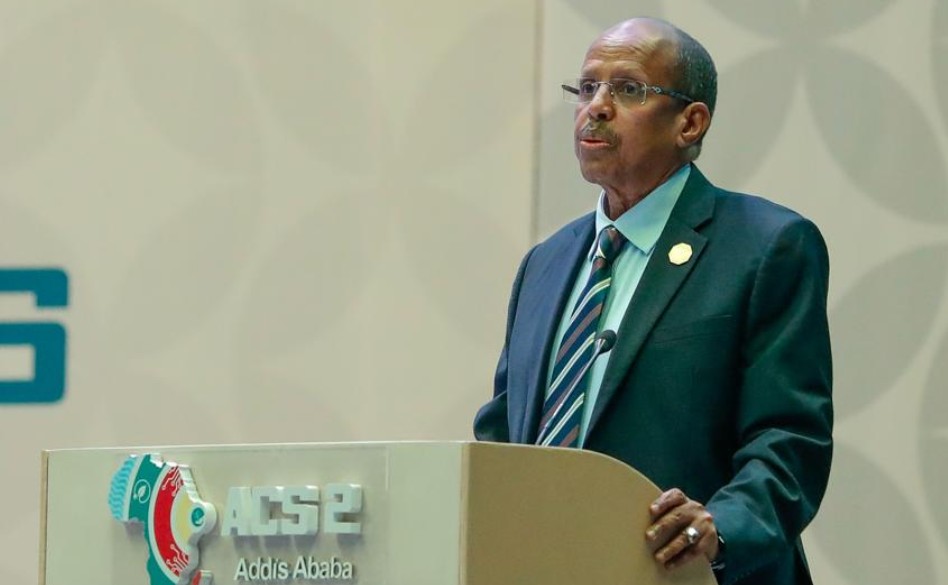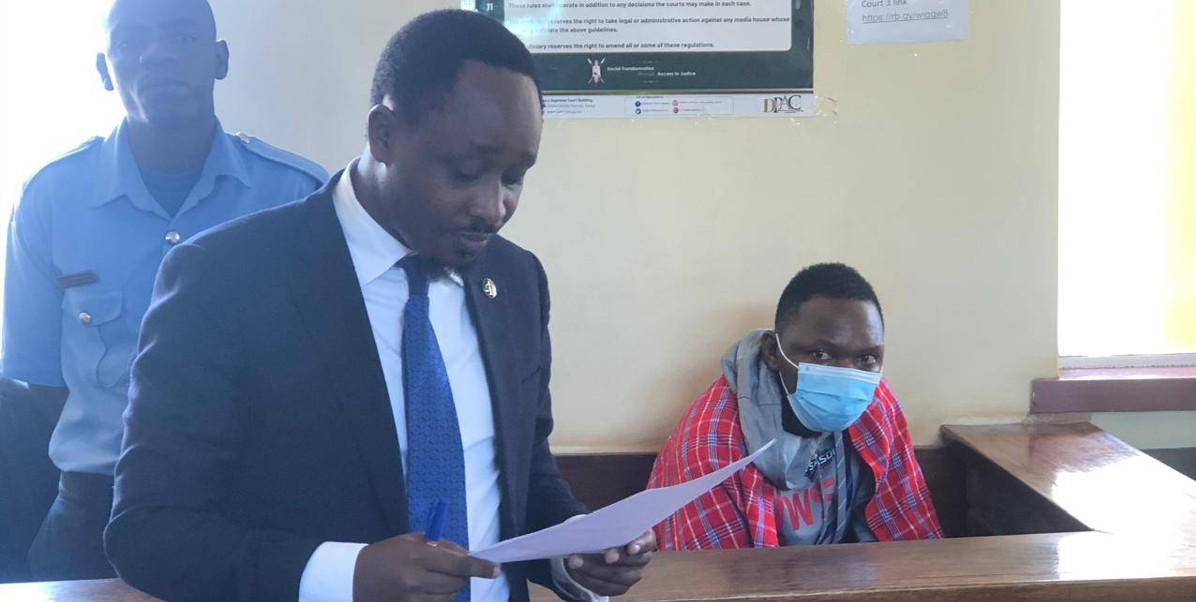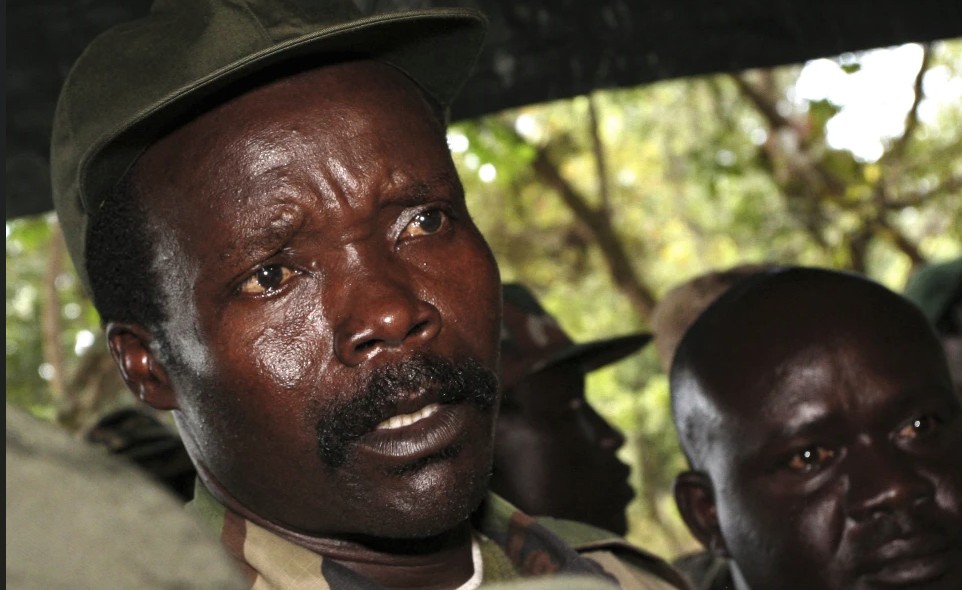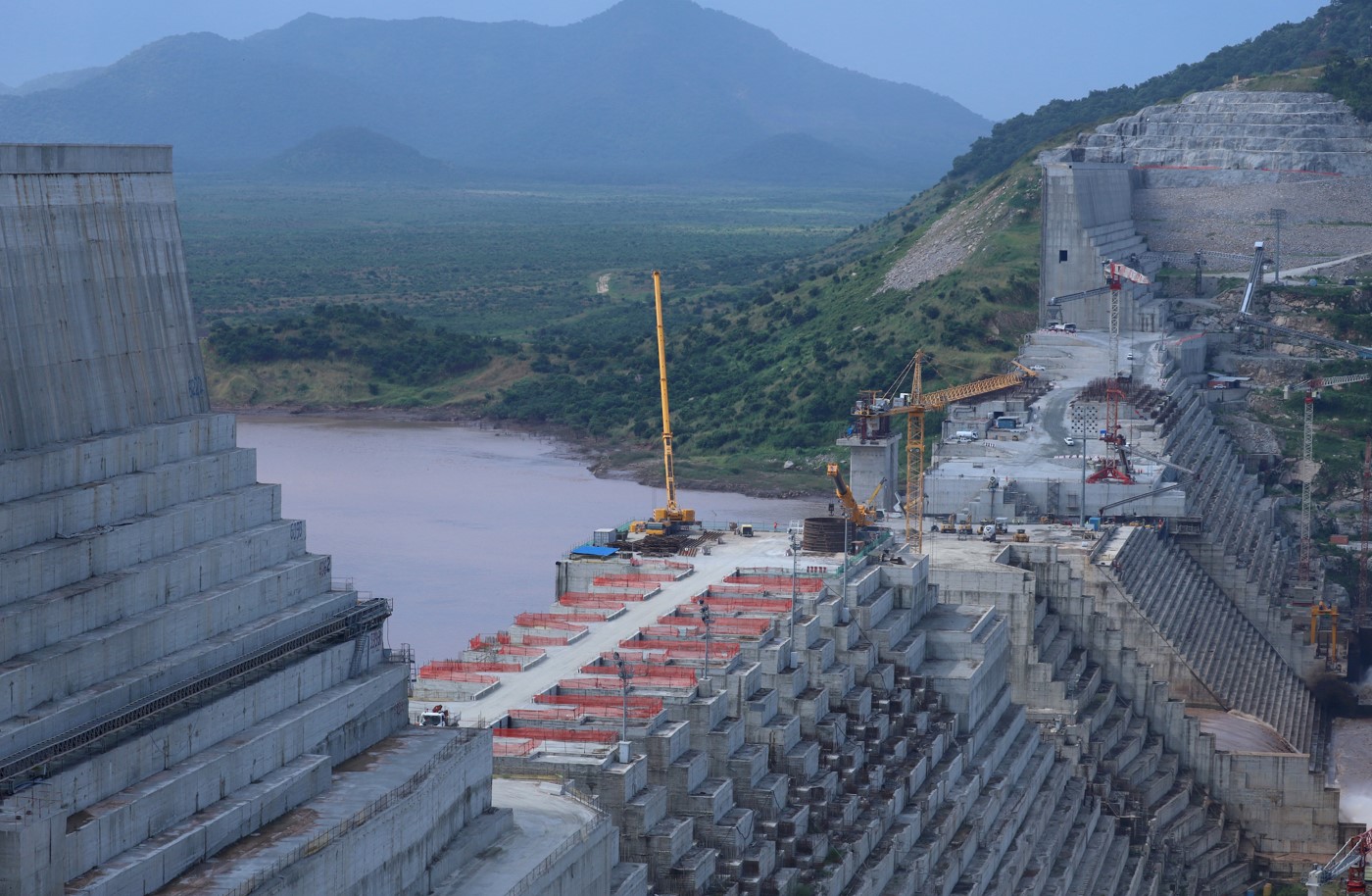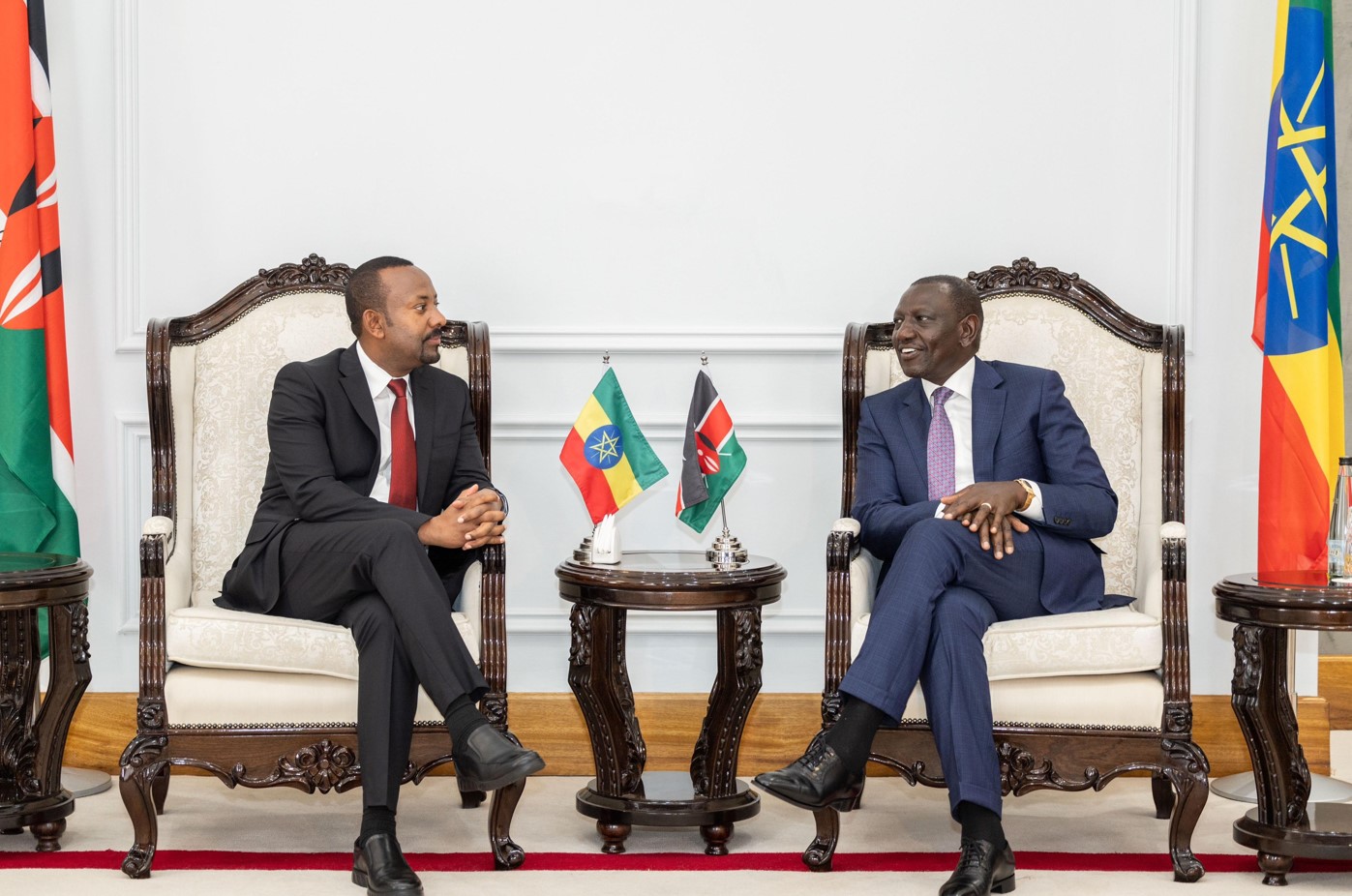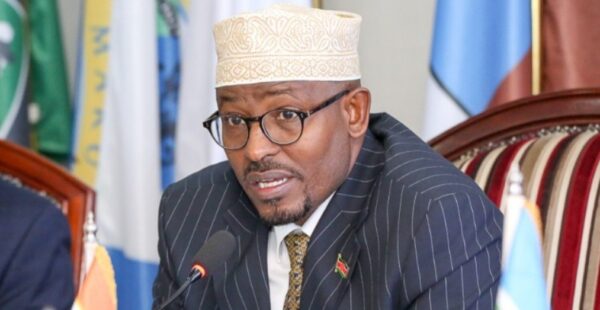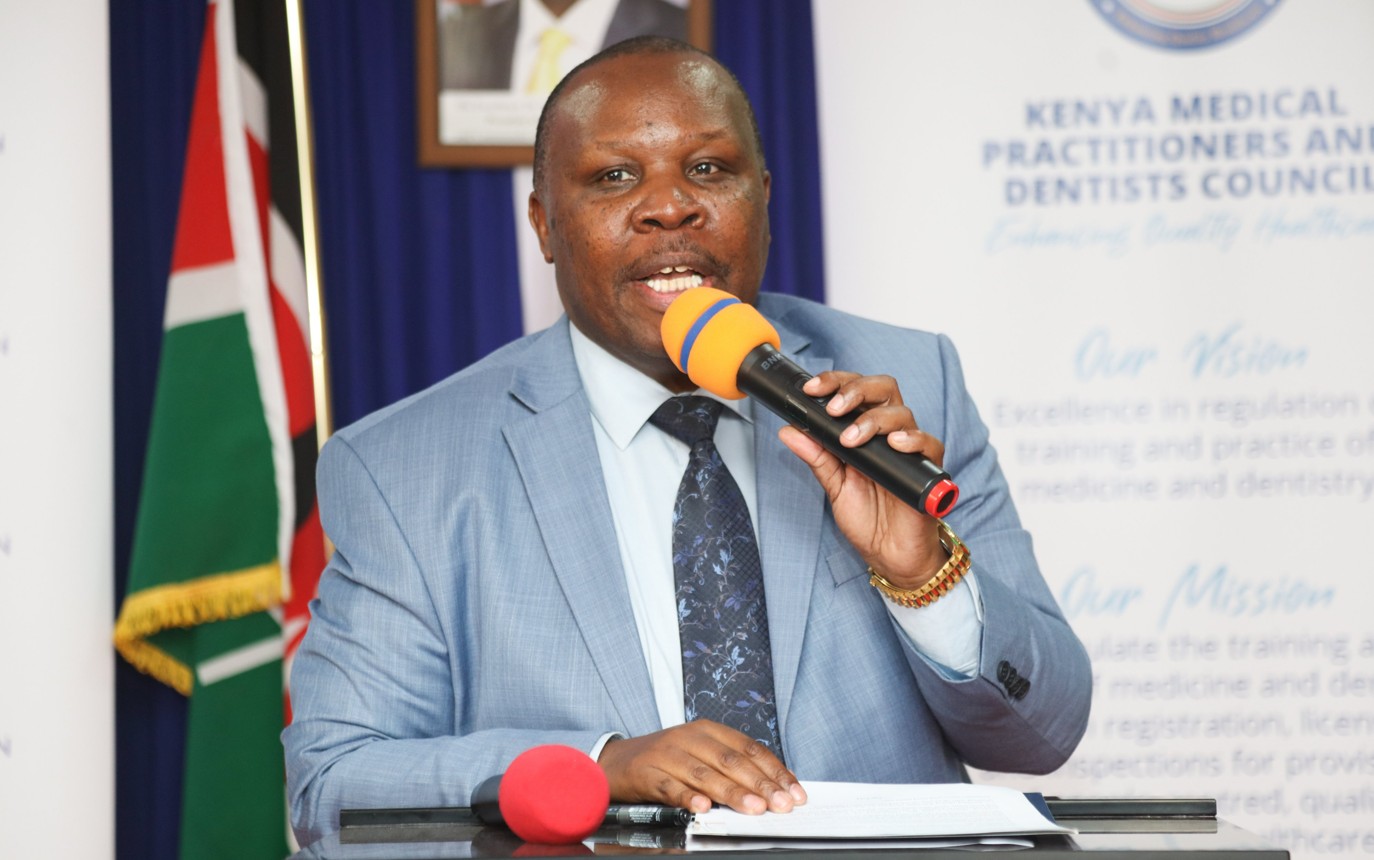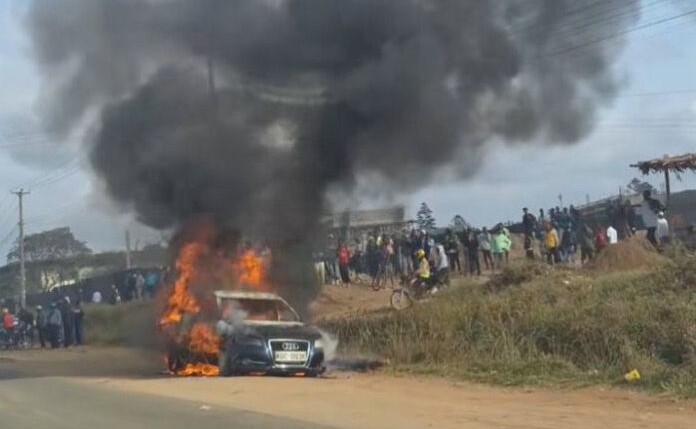South Africa's Ramaphosa tells BRICS summit global order shifting from West to multipolarity

Ramaphosa stressed that this change is no longer theoretical but a lived reality, citing intensifying geopolitical rivalries, protectionist tariffs, and the weakening of the rules-based trading system.
At an extraordinary virtual BRICS summit on Monday, South African President Cyril Ramaphosa declared that the global economy is shifting from unipolar dominance toward contested multipolarity.
He stressed that this change is no longer theoretical but a lived reality, citing intensifying geopolitical rivalries, protectionist tariffs, and the weakening of the rules-based trading system.
More To Read
- 33 million women grow food on plots in Sub-Saharan Africa: Greener farming can boost their earnings – Study
- Fact Check: Trump's South Africa 'white genocide' claim proven false
- Trump's image of dead 'white farmers' came from Reuters footage in Congo, not South Africa
- Trump confronts South African President Ramaphosa with conspiracy claims
- South Africa's Ramaphosa faces Trump with deals on offer and golfers in tow
- Under attack by Trump, South Africa's Ramaphosa responds with trade deal offer
Ramaphosa positioned BRICS as the bloc best placed to navigate this turbulence.
He warned that unilateral trade measures, including punitive tariffs, disproportionately harm developing economies by keeping them "locked into the lower end of global value chains."
Calling for reform, he argued that the WTO and the UN are overdue for restructuring if emerging economies are to gain fairer representation.
The South African leader urged BRICS members to diversify beyond Western markets and strengthen ties with Asia, the Gulf, and Africa. Central to his vision is the African Continental Free Trade Area, which he described as a platform for Africa to move from being a raw-materials exporter to "a creator of value and a connector of regions."
Linking trade to global security, Ramaphosa endorsed Brazil’s call for a Gaza ceasefire and reaffirmed support for a two-state solution. He also highlighted systemic financial risks stemming from debt burdens and unfair tax regimes.
He further announced that, under South Africa’s G20 presidency, economist Joseph Stiglitz is leading a report on global inequality.
Top Stories Today
